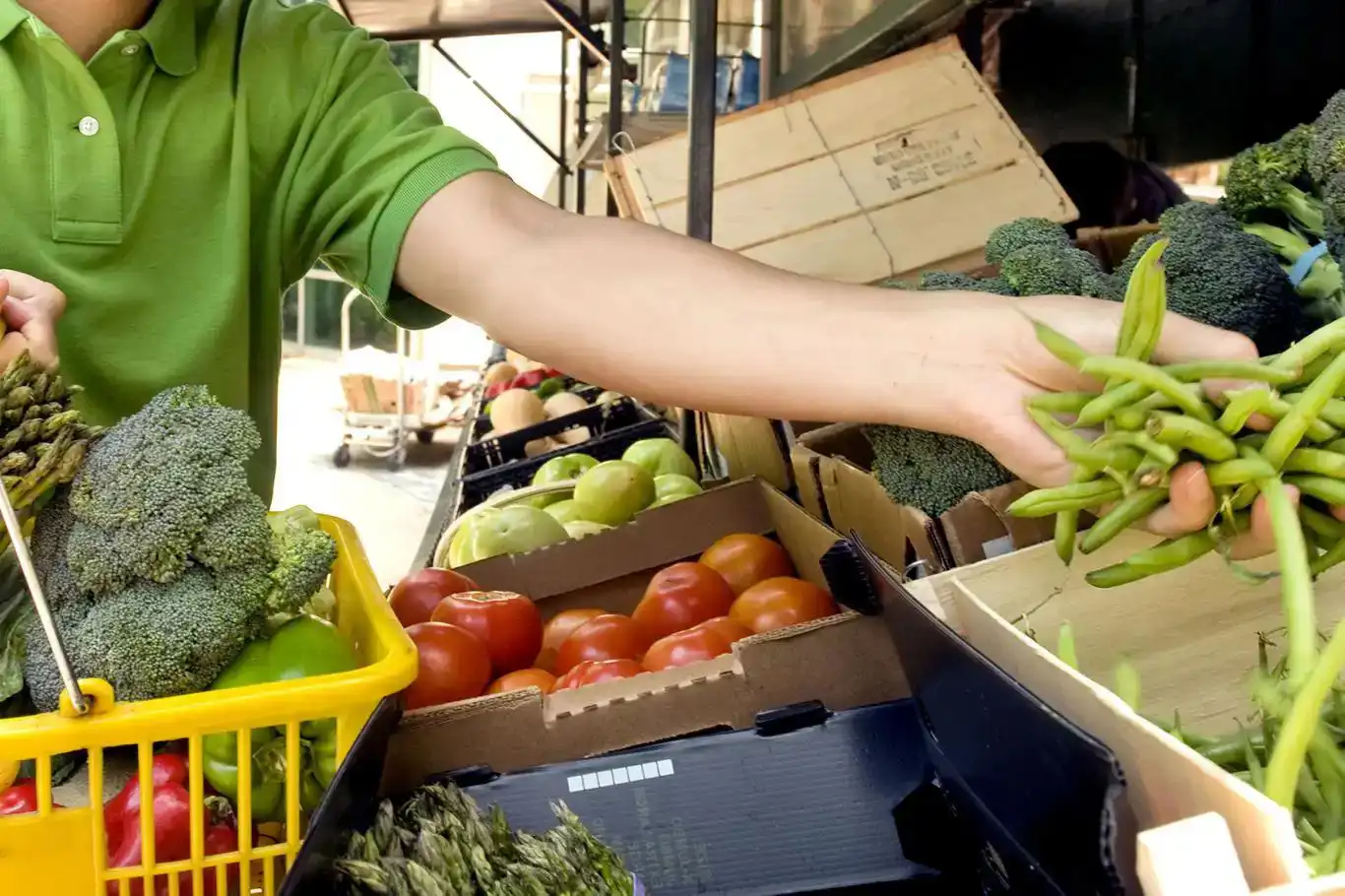Türkiye’s economic confidence index increases in September


The Economic Confidence Index in Türkiye increased by 2.0% in September to 95.0 from 93.1 in August, the Turkish Statistical Institute announced on Friday.
The Consumer Confidence Index rose by 2.4% to 78.2, while the Real Sector (Manufacturing Industry) Confidence Index gained 1.2% to 99.2.
The Services Confidence Index increased by 0.6% to 112.6, and the Retail Trade Confidence Index rose by 2.5% to 110.6.
However, the Construction Confidence Index declined by 0.2% to 87.8 in September compared to the previous month.
Overall, the increase in the Economic Confidence Index suggests that businesses and consumers are becoming more optimistic about the Turkish economy.
However, the decline in the Construction Confidence Index may indicate some concerns about the future of the real estate sector. (ILKHA)
LEGAL WARNING: All rights of the published news, photos and videos are reserved by İlke Haber Ajansı Basın Yayın San. Trade A.Ş. Under no circumstances can all or part of the news, photos and videos be used without a written contract or subscription.
President Recep Tayyip Erdoğan pledged that Türkiye will bring inflation down to single digits, emphasizing that the government’s economic roadmap is already yielding positive signs.
The Turkish Statistical Institute (TurkStat) reported on Thursday a mixed picture for the country's trade sector in October 2025, with retail sales showing robust annual growth while overall trade volume contracted slightly on a monthly basis.
Türkiye’s industrial production showed mixed performance in October 2025, posting an annual increase while declining on a monthly basis, according to data released on Wednesday by the Turkish Statistical Institute.
Türkiye’s construction sector faced continued cost pressures in October 2025, with the construction cost index (CCI) rising both on a monthly and annual basis, according to data released Wednesday by the Turkish Statistical Institute.